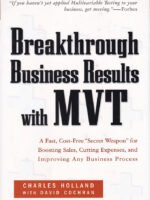This set is an unprecedented examination of religion’s influence on modern life, an honest assessment of how religion can either destroy us or preserve us, and a thorough exploration of what steps might be necessary for all religions to join together as a force for good.
Convening on the fifth anniversary of the terrorist attack on the World Trade Center, the global congress The World’s Religions after September 11 explored the negative and positive possibilities of the religious dimensions of life. The presentations from the congress have been pulled together in this set, which addresses religion’s intersection with human rights, spirituality, science, healing, the media, international diplomacy, globalization, war and peace, and more. This comprehensive set includes contributions from such well-known scholars of religion as Arvind Sharma and a host of others from all the world’s religious traditions. This set is an unprecedented examination of religion’s influence on modern life, an honest assessment of how religion can either destroy us or preserve us, and a thorough exploration of what steps might be necessary for all religions to join together as a force for good.
Because of the attack on the World Trade Center on September 11, 2001, the very concept of religion underwent a paradigm shift. Instead of standing for virtue and piety, peace and harmony, the word religion also came to be inextricably associated with evil, aggression, and terror. People around the world began to question whether the religious and secular dimensions of modern life can be reconciled, whether the different religions of the world can ever coexist in harmony. Indeed, the very future of religion itself has sometimes seemed to be uncertain, or at least suspect.









Be the first to review “The Worlds Religions After September 11 4 Vol.Set”